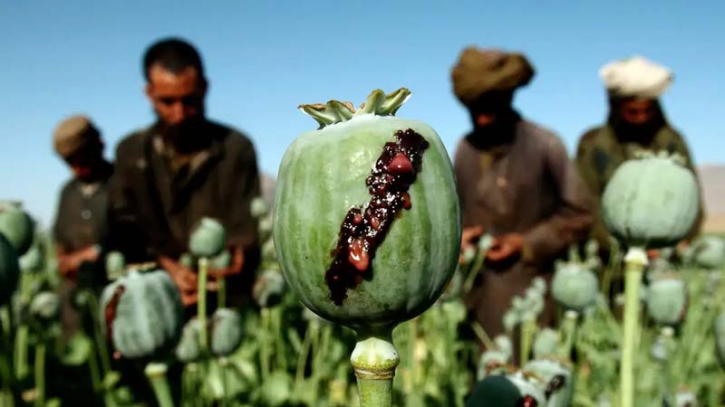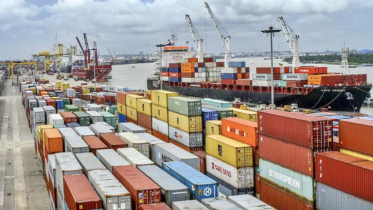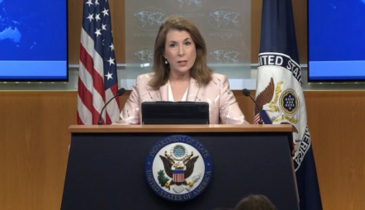Afghanistan opium poppy supply plummets 95% after Taliban ban

A recent United Nations report has revealed a staggering 95% reduction in opium poppy production in Afghanistan, previously the world's leading supplier, after the Taliban administration implemented a ban on narcotics cultivation last year.
The UN Office on Drugs and Crime (UNODC) disclosed that opium cultivation across the country shrank to a mere 10,800 hectares (equivalent to 26,700 acres) in 2023, compared to the substantial 233,000 hectares seen in the previous year. This drastic decline has resulted in a 95% reduction in supply, with opium production now totaling 333 tons.
This dramatic shift has placed significant pressure on farmers in a country already grappling with the ravages of war. The majority of Afghanistan's population relies on agriculture for their livelihoods, and at times, the value of poppy exports had surpassed the combined value of all formal exported goods, as per the UNODC's report.
The sharp decrease in opium supply may have profound implications for Afghanistan's economy, where approximately two-thirds of the population already require humanitarian assistance. According to the report, the nation urgently needs substantial investments in sustainable livelihoods to offer Afghan farmers viable alternatives to opium cultivation.
Ghada Waly, the Executive Director of UNODC, emphasized this need, stating, "Over the coming months, Afghanistan is in dire need of strong investment in sustainable livelihoods to provide Afghan farmers with opportunities away from opium."
The significant reduction in opium supply from Afghanistan, which was estimated to provide roughly 80% of the world's illegal opium, could potentially lead to a decrease in global opium consumption. However, it also carries the risk of driving an upsurge in the use of alternatives like fentanyl and synthetic opioids, as highlighted by the UNODC.
.png)









